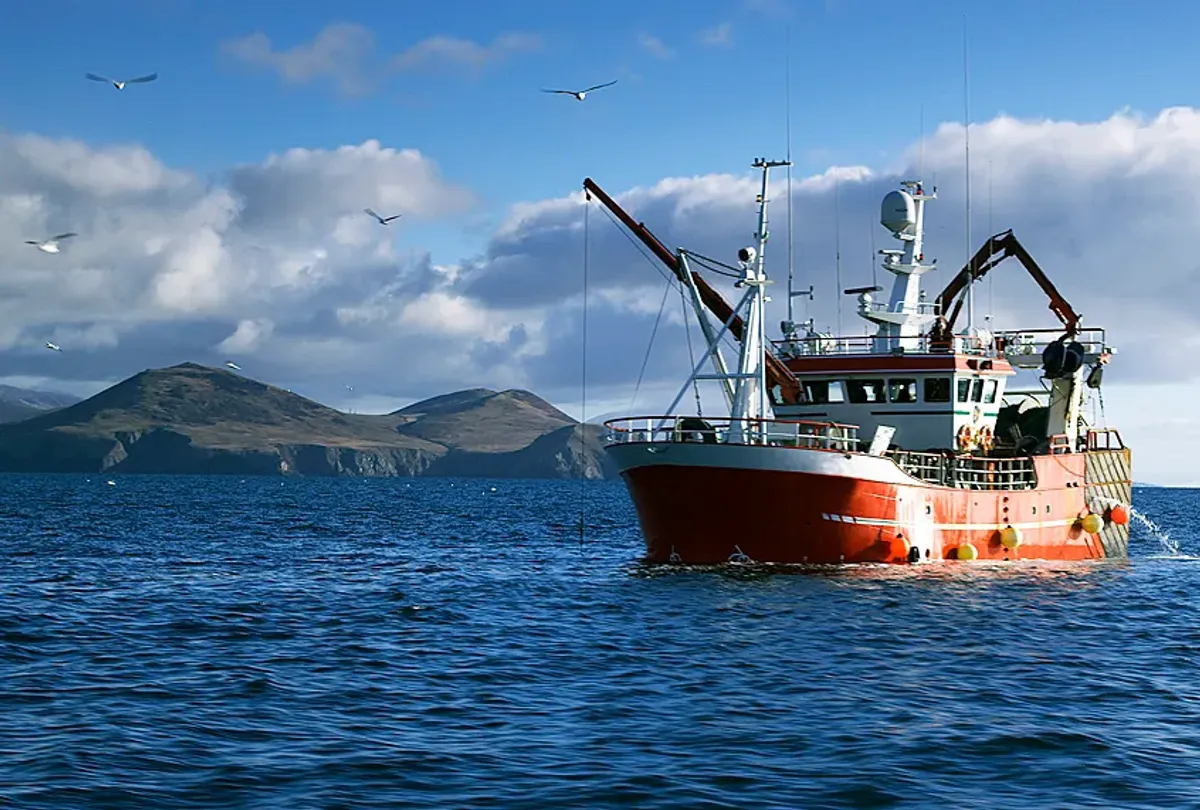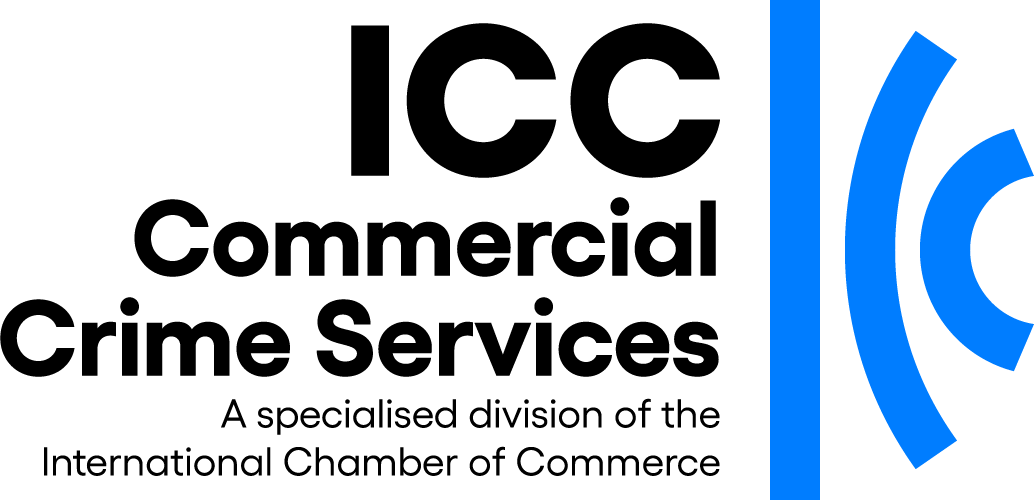

ICC’s Financial Investigation Bureau (FIB) is warning that several blacklisted Nauru-registered banks still appear to be in operation. In 2002, the South Pacific island was designated a money laundering concern by the US Department of the Treasury.

ICC’s Financial Investigation Bureau (FIB) is warning that several blacklisted Nauru-registered banks still appear to be in operation. In 2002, the South Pacific island was designated a money laundering concern by the US Department of the Treasury. Since that time, financial dealings between US financial institutions and any Nauru-licensed institution have been prohibited.
FIB Assistant Director Jon Merrett stated: “It appears some of the blacklisted Nauru financial institutions, which went quiet for a time, are re-emerging and are attempting to disguise their origins. No doubt they hope people will have forgotten the three-year-old designation, or perhaps believe they can persuade them they are dealing with an entirely different entity.”
The prohibition followed the introduction of the USA Patriot Act in October 2001. A number of amendments were made to the anti-money laundering provisions of the Bank Secrecy Act, directly targeting some 400 offshore banks that had no physical or legal residence anywhere else in the world. The Act also addressed concerns about effective banking supervision on islands where money laundering was not a criminal offence, where no customer identification records were required, and where there was no obligation to report suspicious transactions.
As a consequence, all US financial institutions remain disallowed from opening or maintaining in the United States any account for a foreign financial institution if the account involves Nauru or any institution licensed by Nauru. The only exemption is the Bank of Nauru, which also serves as the Central Bank.
The FIB is concerned that some banks may be unwittingly trading with or maintaining correspondent relationships with blacklisted Nauru financial institutions.
Mr Merrett stated: “We have seen recent instances where US banks have failed to realise they are dealing with a Nauru bank on the US treasury list. Often the names of the blacklisted banks are the same or very similar to credible banks. Clearly, this can be confusing and is an easy trap to fall into. Given the penalties for trading with discredited financial institutions, the FIB strongly recommends taking steps to find out exactly who you are dealing with.”
To avoid confusion and reduce the risk of inadvertently compromising compliance obligations, it is recommended that concerned financial institutions contact the FIB for clarification.
The FIB has catalogued a complete list of all the Nauru banks and financial institutions named by the US Department of the Treasury. In instances where banks finds themselves dealing with one of the blacklisted financial institutions, the FIB can offer a number of protective measures including tracking assets, and or the necessary steps to exit any correspondent relationship.
To take advantage of this service, financial institutions should email fib@icc-ccs.org for full details.






